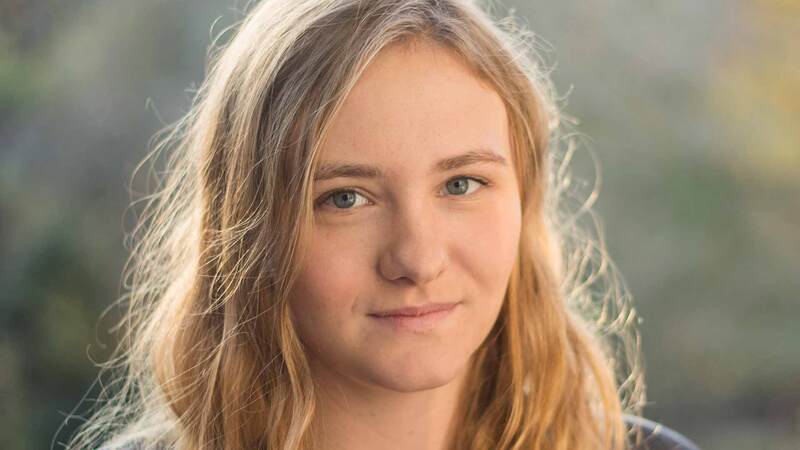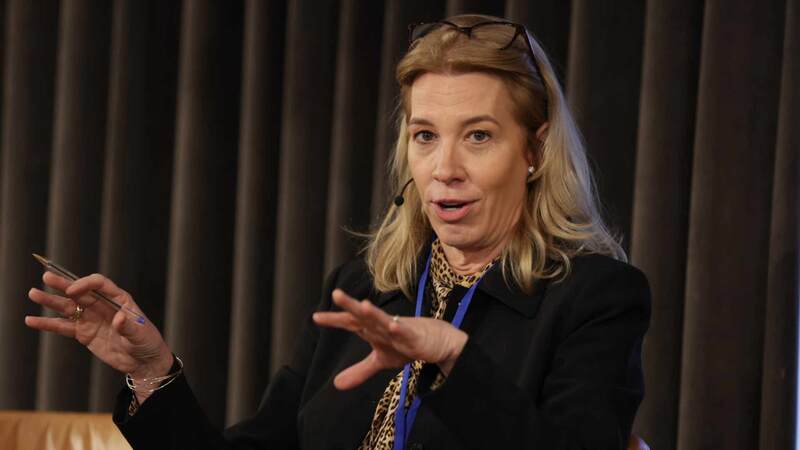You are viewing your 1 free article this month. Login to read more articles.
Back and forth
The popularity of Andrew Davies’ recent BBC adaptation of War and Peace meant that the Russian classic was included in the weekly Official UK Top 50 for the first time. The ability of television adaptations to increase book sales is welcome, but it does shine a light on the fact that books in translation are ominously absent from UK bestseller lists. A typical British reader is far less likely to read a translated work than his or her continental counterpart.
Writers such as Karl Ove Knausgård and the pseudonymous Elena Ferrante are currently enjoying cult-like status. Will their popularity see an increase in demand for other contemporary Norwegian or Italian writers? Occasionally a writer can be elevated to such high status that they begin to represent the whole of that language’s literature. Gabriel García Márquez was influential enough to open the door to the literature of a whole continent and to magic realism, until then hidden away from the English-speaking world.
As a bilingual country, Wales has its own unique relationship with literature in translation. The English aristocrat Lady Charlotte Guest painstakingly translated the Mabinogion into English in the middle of the 19th Century. More recently, poet Joseph Clancy has translated a wealth of Welsh poetry into English, bringing the old traditions to a wider audience.
Welsh Literature Exchange (WLE), based in Aberystwyth, distributes grants to publishers around the world to translate books from Welsh into other languages. One of its more recently funded books is Nuestra Tierra de Nadie: Poesía Galesa Contermporánea, a Mexican anthology of contemporary Welsh-language poetry.
Officers at WLE pointed out that although fewer Welsh-language writers are translated than Welsh authors writing in English, the most translated book of all time from Wales is a 20th Century Welsh-language classic, Un Nos Ola Leuad by Caradog Pritchard.
Less obvious, perhaps, is the need for English-language works to be translated into Welsh. Why bother when you are bilingual? T James Jones, former archdruid of Wales, began translating Dylan Thomas in the 1960s, and it seemed to him a natural linguistic conversion. The lilting rhythms and alliterations of Thomas’ poetry more than hint at his Welsh literary heritage. Jones’ Dan y Wenallt (Under Milk Wood), now considered a classic, is a poetic homecoming for Thomas, almost sounding like it was always meant to be heard in Welsh.
Translating children’s literature from English to Welsh has a greater impact, as many children find it easier to read in their first language. I never read Roald Dahl as a small child as his books were not available in Welsh. In recent years I’ve had the enormous pleasure of reading them for the first time to my own children—by now his books have been (brilliantly) translated by Elin Meek.
Early intervention
As well as Dahl, many more children’s books are available in Welsh, including the Diary of a Wimpy Kid and Tom Gates series, and most titles by David Walliams. The fact that these translations are made possible with public subsidy from the Welsh Books Council has attracted criticism from some writers, who argue that more investment is needed to develop home-grown literary talent. However, at the moment demand outstrips supply, and for the book-hungry child being able to read your favourite authors in both Welsh and English keeps the bilingual brain developing.
Looking to the future, we should expect a more fluid and symbiotic relationship between our two languages and literature. This spring, Parthian Books will bring out two editions of the same novel simultaneously. Pigeon, by début author Alys Conran, will be published in English. And although Conran is a fluent Welsh speaker, writer Sian Northey will publish a translated version in Welsh. This is the first time a novel has been published in both languages at the same time, giving bilingual readers a choice.
When Welsh-language poet Ifor ap Glyn was announced as the new National Poet of Wales last month, he was asked to clarify how he would represent the whole of Wales. Reflecting on this, ap Glyn quoted the critic M Wynn Thomas: “Before Wales can fully know itself for what it is, it must confront, acknowledge and carefully consider its bilateral character.” Translation—in its many forms and complications—is a good way to start this confrontation.
Lleucu Siencyn is chief executive of Literature Wales.















